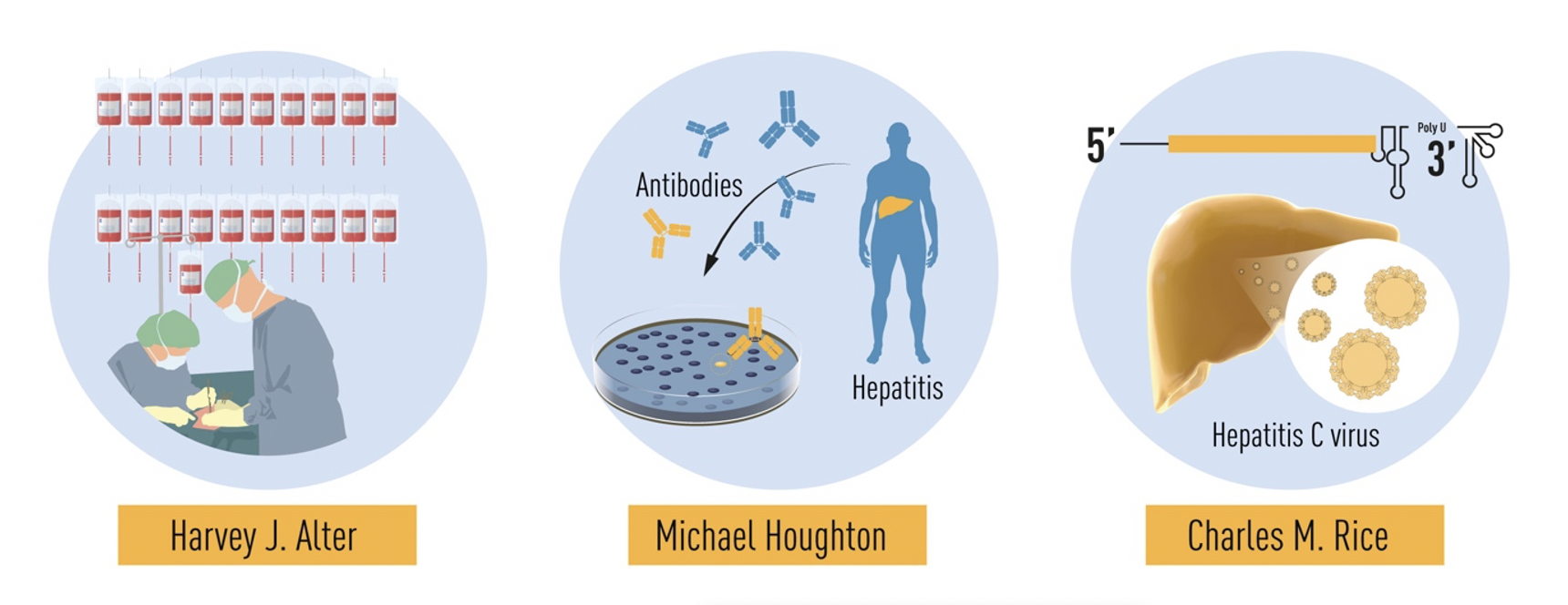In the event of a death, there is a Western tradition to visit the family to give condolences; this visit is commonly paired with comfort food like casseroles, soups and sweets. However, the casseroles do not last forever, ultimately leaving the family to reorganize family roles in an attempt to regain functionality. My research specifically explored the functions of family dynamics after the death of parent. This research question originated from my first-hand experience of growing up through grief. At the young age of sixteen, I lost my mother suddenly to a heart attack and this altered the function of my family. The loss of my mother not only left a huge hole in my heart, it also left huge gaps in the everyday functions of my home: things like washing laundry, organizing my sister’s and my sport schedules and daily cleaning of the house were all tasks left unspoken for.
Anyone who has suffered a tremendous loss knows one of the hardest things about grieving is that life continues; knowing this, my family and I had no choice but to pick up her responsibilities and adjust to this new everyday life. Not only did I watch roles in the family change, but I observed transformations in my own relationships and even formed new ones within the family. Having lived this far-from-normal adolescence, I could not help but wonder how other families with similar experiences compared. Specifically, my thesis study focused on the loss of a parental family member and how that absence changes the function of the home and family. I argue that parental loss disrupts the function of the family, creating a gendered division of labour through the shifting of roles in terms of food labour, domestic labour and emotional labour. To explore this, I relied on a qualitative methods approach, beginning with a qualitative questionnaire to recruit participants then following this up with semi-structured interviews. The sample consisted of six students: two males and four females between the ages of 18 and 23 who attend Acadia University and have lost a parent. The findings highlighted the association between the ease of transitioning roles depending on whether the death was anticipated or sudden, as well as that even in times of grief, the division of labour in the home remained gendered as women of the family were more likely to step in to maintain functionality.
This research also demonstrated how Western traditions related to death can negatively impact the grieving process. In times of grief and bereavement, individuals typically experience feelings of emptiness, therefore our society’s reaction is to fix an empty heart with a full tummy. The data alleges that since the grieving process is so individualized, society’s “one size fits all” response to death, while intended to be a kind gesture, is ultimately problematic. When these ‘sympathy casseroles’ stop, it is society’s way of dictating to the family that it is time to start ‘moving on’. Most of those who comfort the family are blind to the ways their actions dictate a timeline for grief. As per the data, most interviewees stated that these visitations last for roughly a week while the food lasted for weeks up to even a month. This societal response wrongly suggests that the structure of the family will have regrouped and regained function within this timeline. This widespread ignorance to the emotional weight of losing a loved one depicts a bigger issue at hand: what the data illustrates is a clear lack of societal understanding of the grieving process.
This research has contributed greatly to the understanding of grief and family from the societal, familial and individual level. While this research has been both insightful and therapeutic for me and the interviewees, its greatest benefit will be to individuals and families deeply entrenched in grief. To those who are grieving and struggling to find words, I hope this research gives you a voice.





